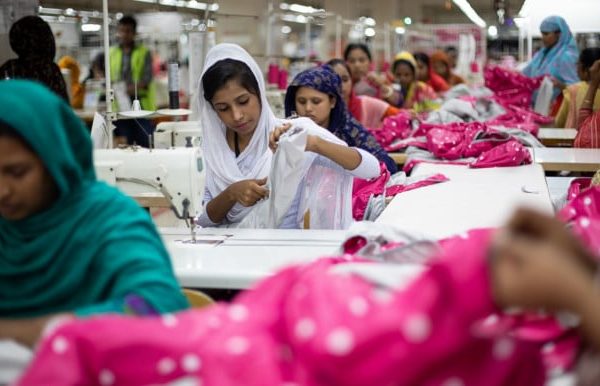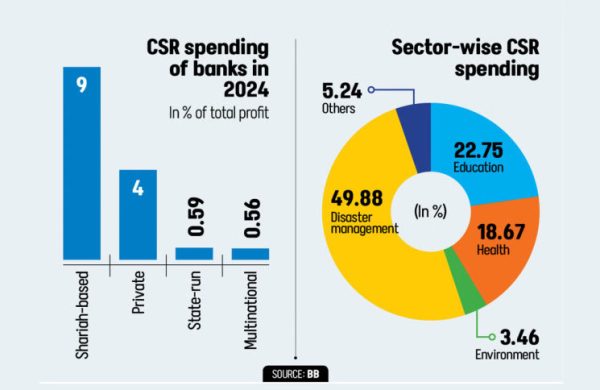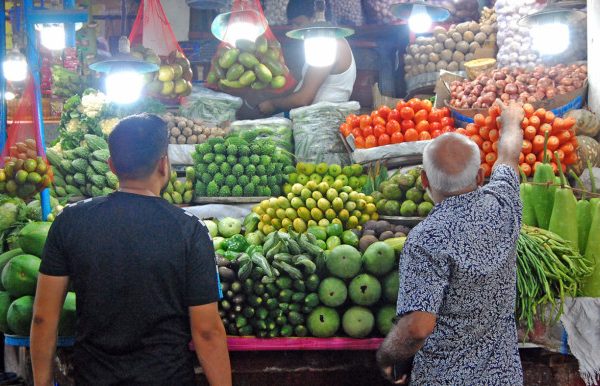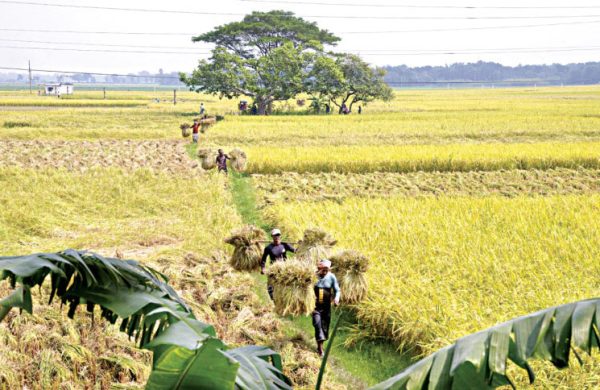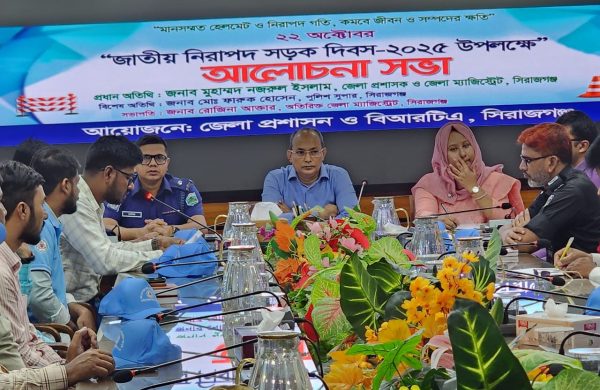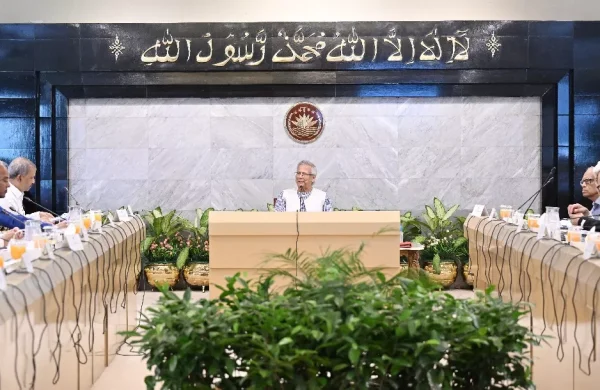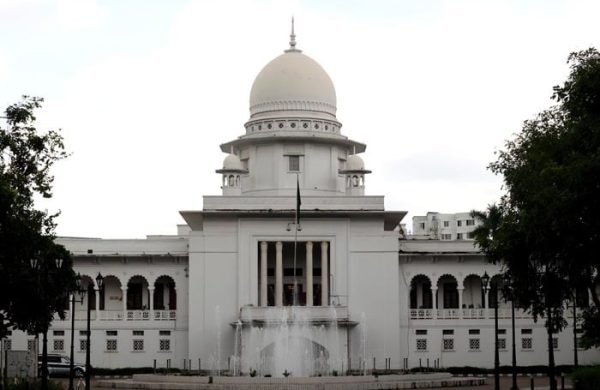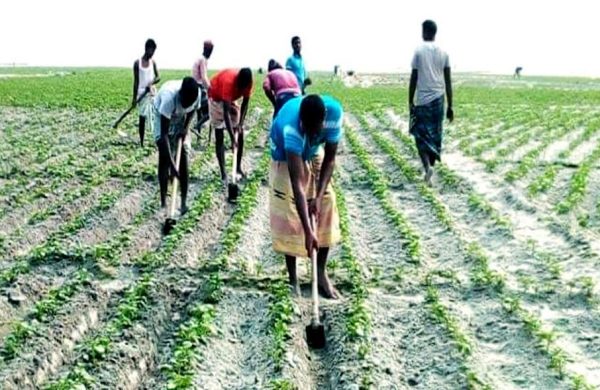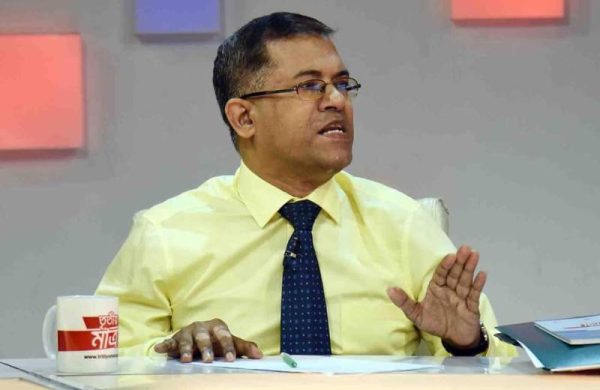Businesses in turmoil, investments stall: New employment prospects in doubt
- Update Time : Wednesday, November 13, 2024
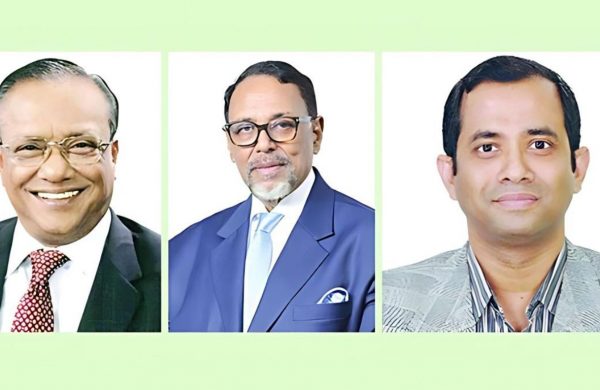
TDS Desk:
With multiple pressures mounting on businesspeople and industrial entrepreneurs, new investments in the country have slowed significantly.
High-interest bank loans, energy shortages, concerns over law and order, among other issues, have paralysed production systems. Additionally, in the changed political context, incidents of factory attacks, harassment suits, account freezes, travel bans, and baseless campaigns have left businesses and industrialists fearful.
As a result, no one is willing to invest further, and many are now opting to scale back ongoing operations. Analysts believe this situation has nearly paralysed private investment, posing a major uncertainty for new employment opportunities, critical to meeting the country’s large workforce demand.
According to analysts, numerous entrepreneurs have invested billions of takas to establish businesses and factories in the country, creating employment for large numbers of people through years of hard work. However, current circumstances have left these investors under immense pressure. Following the ouster of Sheikh Hasina due to the student-public uprising, several factories have been attacked and set ablaze. Many companies have halted production out of fear of similar attacks. Even business people with no political affiliations are now implicated in murder cases, while others face account freezes. Travel bans have also hindered urgent import-export and investment-related tasks, leaving many unable to travel abroad.
This situation has entrepreneurs struggling to keep their businesses afloat. It feels as if they are being told to swim with their hands and feet tied. Even those who have never defaulted in 50 years of business are now on the brink of default due to these pressures.
Abdul Awal Mintoo, former president of FBCCI, the top organisation representing the country’s business and industrial leaders, told the Bangla daily Bangladesh Pratidin, “In this unstable period, it’s impossible for anyone to expand business or pursue new investments. If you detain investors, mistreat and oppress them, then there will be no easy solution to this issue.” “The burden of responsibility is being placed entirely on those who invest, create assets, and generate employment. Those who have never invested, never created assets or jobs, are now imposing such pressures on the investors. Until society corrects this backward approach, neither business nor investment nor employment will expand. After all, it was for employment that students protested against inequality. So, how will this inequality be reduced?” he said.
“Those who have never invested, created assets, or generated employment are now forcibly imposing things on investors.” — Abdul Awal Mintoo
The private sector plays a major role in employment in the country. According to the Bangladesh Bureau of Statistics (BBS), only 3.8% of total employment in the country is in government jobs, while 14.2% are engaged in private jobs. About 61% of employment comes from personal initiatives, and the remaining 21% are employed in other sectors. Due to crises in the private sector and personal initiatives, opportunities for new employment are nearly stagnant, and those already employed in these sectors are at risk.
Former FBCCI president Mir Nasir Hossain said, “To resolve the crisis in business and trade, security for business people and a conducive environment for smooth operations must be established. Without these, investments will not be sustainable. In the changing circumstances, an overall economic improvement is necessary; otherwise, current investments will not be sustainable.”
“To resolve the crisis in business and trade, security for business people and a conducive environment for smooth operations must be established. Without these, investments will not be sustainable.” — Mir Nasir Hossain
To ensure sustainable economic growth, investments in production-based industries and service sectors need to increase, where the private sector will play a key role. To make investments in the private sector more dynamic, the existing fear and discomfort among businesspeople must be alleviated. Economists believe that if economic growth, political stability, good governance, dynamism in the banking and stock markets, and resolution of infrastructural issues like gas and electricity are achieved, investment and employment will grow in the country.
Dr Khondaker Golam Moazzem, research director of the Center for Policy Dialogue (CPD) said, “At this moment, there is no real investment-friendly environment in the country. Political uncertainty remains a major issue, high inflation has limited consumer purchasing power, and there is some uncertainty in export markets. Additionally, there is limited and costly gas and electricity supply, alongside fear and uncertainty among businesspeople.”
“In this situation, it is more important to sustain existing investments than to seek new ones. Existing institutions in production must be able to survive. There is a risk that many institutions could close due to the inability to import raw materials and limited export opportunities. Overall, businesspeople are under pressure, and if this is not resolved, even the current employment could cease. Therefore, the government should focus on ensuring that existing investments remain sustainable rather than pursuing new ones,” he added.
“In the current situation, sustaining existing investments is more important than seeking new ones. Institutions currently in production must be able to survive.” — Dr Khondaker Golam Moazzem
Statistics indicate that despite the ability to work, more than 17.5 million people in the country do not have regular income assurance. Among them, about 2.7 million people are fully unemployed, while the number of underemployed stands at 1.5 million.
Additionally, due to a lack of employment matching qualifications, 13.8 million people are involved in irregular work. On the other hand, about 2.1 million new people enter the labour market each year, of whom 1.3 million find work domestically or abroad, leaving about 800,000 without employment assurance.
In total, nearly 25% of the labour force is unable to fully utilise their capacity for earnings.
Economists believe that ensuring investment to meet the demand for dignified employment for the country’s vast population is the biggest challenge for a new Bangladesh. The target for private sector investment in the current fiscal year (2023-24) has been set at 27.34% of GDP. However, economists think this goal may not be achieved given the current situation in the country.


